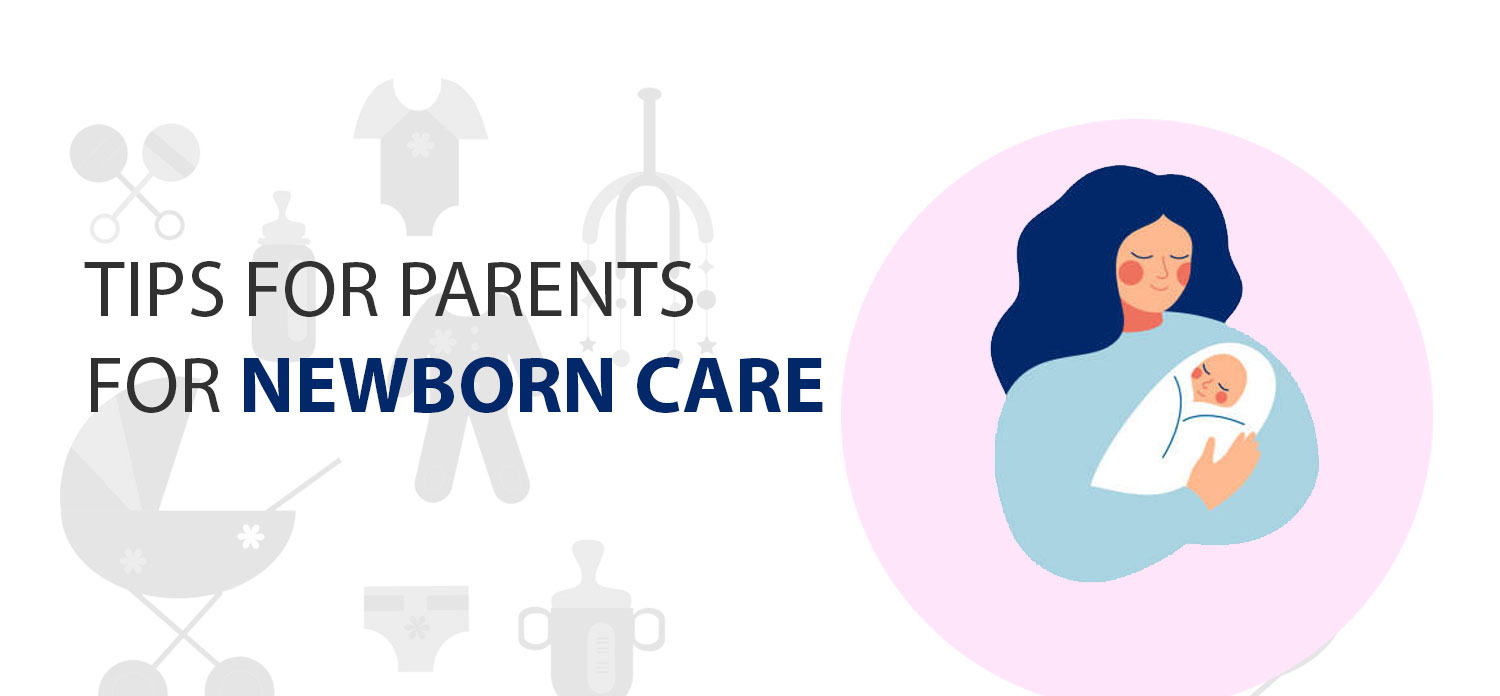Every new parent requires assistance. To get through the first few weeks with a new baby, here are important things you need to know about sleeping, breastfeeding, crying, and more. You have probably been fantasizing about your baby for months, wondering how he'll appear, whether he'll be laid-back like his father or Type A like you. However, if the baby is your first child, you're likely to be unfamiliar with newborn care.
Here we are to help you with everything you need to know about caring for your newborn in the first few weeks, which can be both joyful and frustrating. Let's get this started!
Holding:
You might think your baby is frail and precious, but don't be scared to touch, handle, and hold her! Research states that newborns who are carried for more than 2 hours every day thrive and scream less.
Without this helpful information, no baby care handbook could ever be complete! Always remember that your newborn's neck muscles are still developing, so you will need to support her head when picking her up. While carrying her, you should also hold her head against your shoulder or with your opposite hand.
Bathing:
Baby care after birth involves bathing your baby, which is one of the biggest challenges for a new mom. You should make sure you have all of the bathing supplies ready before she arrives so you don’t have to miss out on a moment with your new little one. You can go for a gentle cleanser formulated for babies. If your baby has hair, you might try a gentle shampoo as well.
Products to Buy for Your Newborn:
Without recommendations from doctors on how to choose the correct baby goods, parenting advice for babies is insufficient. A good baby product should not be harsh on the baby's skin or eyes, should not dry out his or her skin, and should not interfere with the skin's natural barrier. When it comes to skin as fragile as your baby's, the words "safe," "gentle," and "mild" are often overused. Products that claim to be designed for babies are expected to be safe for their skin.
Allergy testing should be done:
Nowadays allergens are so common, no substance can be considered to be completely free of allergic reactions. To be considered a baby product, however, a product must be examined and found to be free of any allergic tendencies. It has to be "Clinically Proven Mild."
Changing Diapers:
Many new parents are taken aback by how many diapers their baby goes through in a day. Before you bring your kid home, stock up on diapers to make your life easier. It's even a good idea to learn and practice changing your baby's diaper ahead of time.
Comforting:
During the first three months, most newborns scream for an average of two hours per day. It's both shocking and normal at the same time. To soothe your infant, first, try to pinpoint the source of his or her suffering. There can be numerous reasons for it. Try to identify and cure the baby’s problem.
There are several basic guidelines for dealing with a newborn baby that can help you manage the situation with ease. No wonder, it is a tough job to take care of a new baby and without you even realizing it, your natural maternal instincts will kick in!


